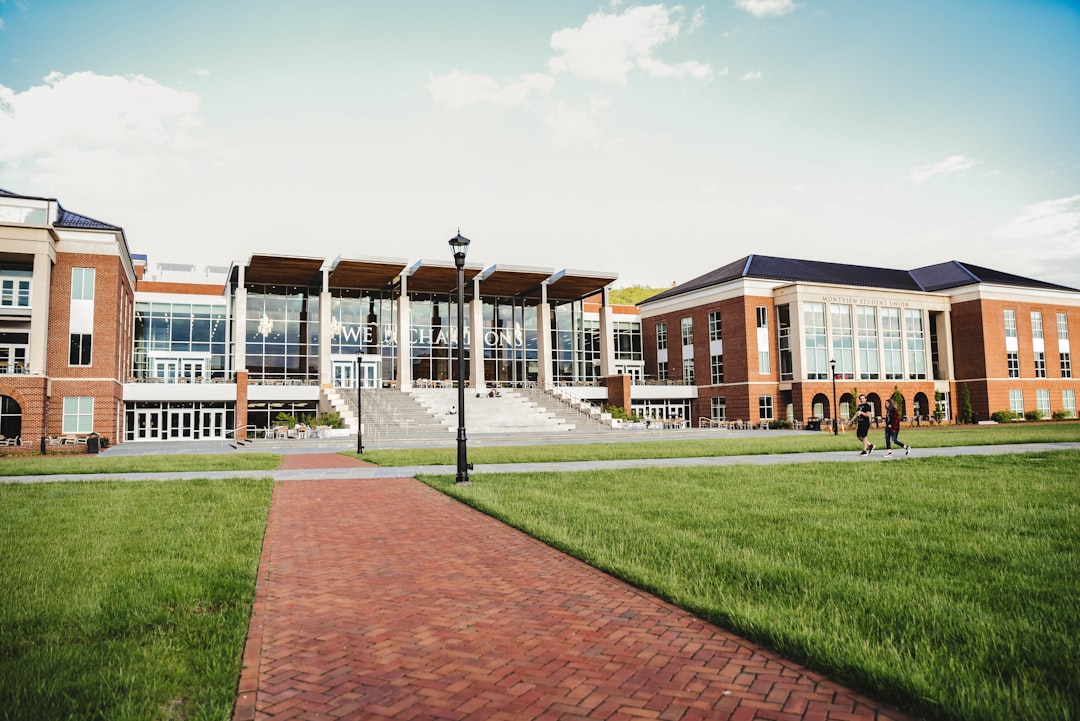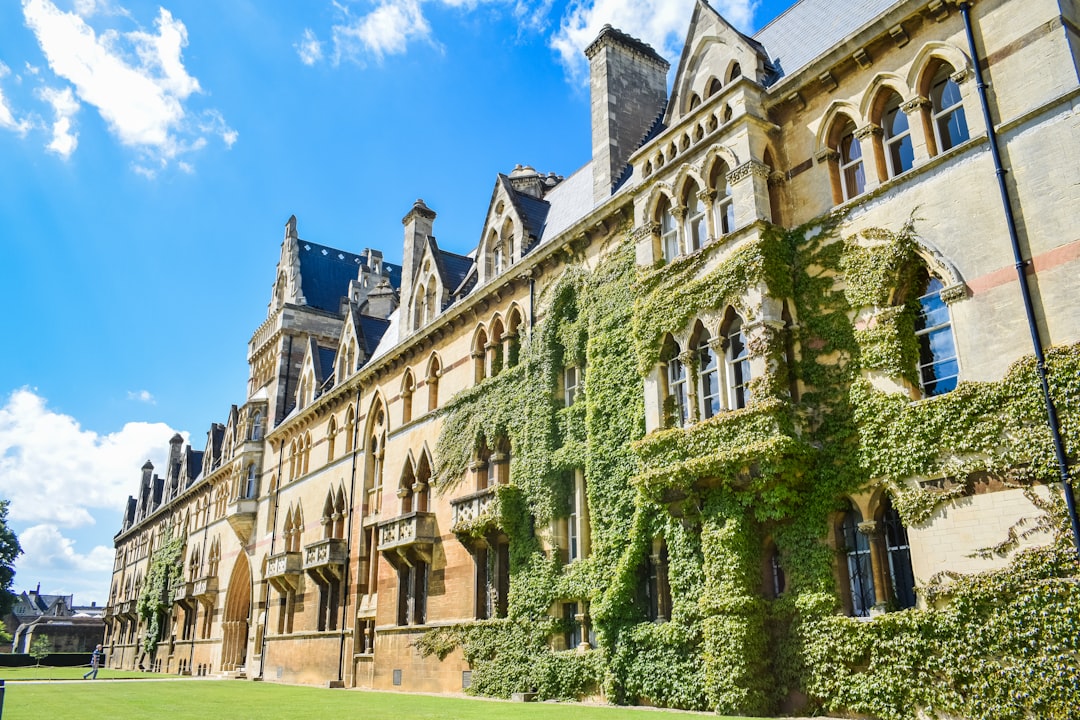Survivors of sexual abuse in South Carolina have legal recourse through Title IX and state-specific laws. A Title IX abuse lawyer or attorney can guide victims through these complex processes, ensuring their rights are protected and helping them seek restitution for trauma under both federal and state legislation. Key steps after an assault include seeking medical attention, reporting to authorities, connecting with support systems, and hiring legal counsel. Title IX abuse law firms in SC offer specialized services like evidence gathering, institution communication, and negotiations, aiding survivors in obtaining fair compensation. Engaging these professionals is crucial for justice and preventing future title ix sexual assault.
In South Carolina, sexual abuse survivors face significant challenges in seeking justice and restitution. This article explores the legal landscape for title IX abuse lawyer South Carolina, providing essential guides for victims navigating the complexities of their rights. From understanding state laws to steps after an assault and the restitution process, we equip survivors with knowledge. Discover the role of a title IX abuse attorney South Carolina and how law firms can assist. Explore resources, success stories, and organizations dedicated to supporting survivors in their pursuit of restorative justice.
- Understanding Title IX and Sexual Abuse Laws in South Carolina
- The Role of a Title IX Abuse Lawyer SC: Navigating Legal Rights
- Steps to Take After a Sexual Assault: A Guide for Survivors in SC
- Restitution Process: How a Law Firm Can Assist in South Carolina
- Supporting Survivors: Resources and Organizations in the State
- Success Stories: Restorative Justice through Legal Action in SC
Understanding Title IX and Sexual Abuse Laws in South Carolina
In South Carolina, understanding the interplay between Title IX and state laws is crucial for survivors of sexual abuse seeking justice and restitution. Title IX, a federal law implemented to ensure equal opportunity in education, includes provisions that prohibit sexual harassment and assault in schools and educational institutions. Survivors of such abuses in this context can file complaints with their school’s designated Title IX coordinator, who investigates and facilitates resolutions. However, the legal protections extend beyond educational settings.
South Carolina has also enacted laws to combat sexual abuse and provide support for survivors. These laws include provisions that hold perpetrators accountable and offer resources for victims. A title ix abuse lawyer in South Carolina, or a specialized title ix abuse attorney or law firm, can guide survivors through these legal avenues, assisting them in understanding their rights and seeking appropriate restitution under both state and federal legislation. For those who have experienced sexual assault, connecting with such legal professionals is an essential step towards healing and justice.
The Role of a Title IX Abuse Lawyer SC: Navigating Legal Rights
When a person in South Carolina becomes a victim of sexual abuse or assault, especially within educational institutions, it’s crucial to have knowledgeable legal representation. A Title IX abuse lawyer SC, specifically trained in handling such cases, can be instrumental in guiding survivors through the complex legal process. They are experts in understanding the nuances of Title IX law, which prohibits sexual harassment and discrimination in schools and universities.
These attorneys play a vital role in ensuring that survivors’ rights are protected and that they receive the justice and restitution they deserve. With their help, victims can navigate the system, file complaints, and take legal action against perpetrators and institutions responsible. A Title IX abuse law firm SC, comprised of skilled attorneys, provides specialized support, offering comprehensive advice and representation to help clients heal and seek fair compensation for the trauma they’ve endured.
Steps to Take After a Sexual Assault: A Guide for Survivors in SC
Steps to Take After a Sexual Assault: A Guide for Survivors in SC
If you’ve experienced sexual abuse or assault in South Carolina, it’s crucial to take immediate steps to ensure your safety and protect your rights. The first 24-48 hours are critical; seek medical attention as soon as possible, even if injuries seem minor. This exam can provide evidence of the assault and document any existing health issues. Additionally, report the incident to local law enforcement. They can provide immediate support, start an investigation, and connect you with resources for survivors.
Don’t hesitate to reach out to a trusted friend or family member for emotional support. Consider contacting a Title IX abuse lawyer or attorney in South Carolina who specializes in handling sexual assault cases. They can guide you through the legal process, help navigate restitution claims, and advocate for your rights. Remember, you are not alone; there are resources available to assist you during this difficult time.
Restitution Process: How a Law Firm Can Assist in South Carolina
The restitution process for survivors of sexual abuse can be complex and emotionally challenging. In South Carolina, victims seeking justice often turn to a Title IX abuse lawyer, Title IX abuse attorney, or Title IX sexual assault law firm for guidance. These legal professionals play a crucial role in navigating the intricate web of laws and regulations surrounding sexual assault cases.
A reputable Title IX abuse law firm in South Carolina can offer specialized support, ensuring survivors have access to their rights and resources. They help by gathering evidence, communicating with relevant institutions (like schools or universities), and negotiating with insurance companies or responsible parties for fair compensation. Their expertise ensures survivors receive the restitution they deserve, facilitating a process that might otherwise feel overwhelming and daunting.
Supporting Survivors: Resources and Organizations in the State
In South Carolina, survivors of sexual abuse find support through various resources and organizations dedicated to assisting them in their journey towards healing and justice. Many non-profit groups and legal aid associations offer crucial services tailored to help victims navigate the complexities of reporting and pursuing restitution for Title IX abuse. These organizations provide a safe space for individuals to share their experiences, connect with sympathetic communities, and gain access to specialized legal representation.
For those seeking legal recourse, engaging the services of a competent Title IX abuse lawyer in South Carolina is an essential step. Such attorneys specialize in understanding the nuances of campus sexual assault cases and the applicable laws, including Title IX. They guide survivors through the process of filing complaints, ensuring their rights are protected while advocating for their interests against perpetrators or institutions responsible for the abuse. With their expertise, victims can access remedies like monetary compensation, injunctive relief, and institutional changes to prevent future occurrences.
Success Stories: Restorative Justice through Legal Action in SC
In South Carolina, success stories abound where survivors of Title IX abuse have found justice and restitution through legal action. Many victims, who suffered sexual assault on college campuses, have taken their cases to court with the support of experienced Title IX abuse lawyers in South Carolina. These attorneys specialize in navigating complex legal systems and advocating for survivors’ rights under federal laws prohibiting gender-based discrimination in education.
By engaging Title IX abuse law firms in South Carolina, survivors can access resources that help them understand their legal options, build strong cases, and seek fair compensation. Several notable victories have set precedents, ensuring that educational institutions are held accountable for failing to protect students from sexual violence. These successes not only provide financial relief but also contribute to a broader cultural shift, emphasizing the importance of safety, prevention, and support for survivors.




